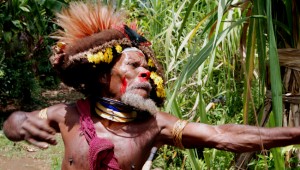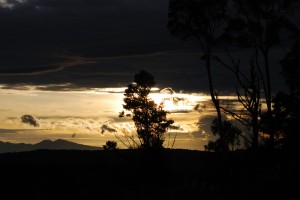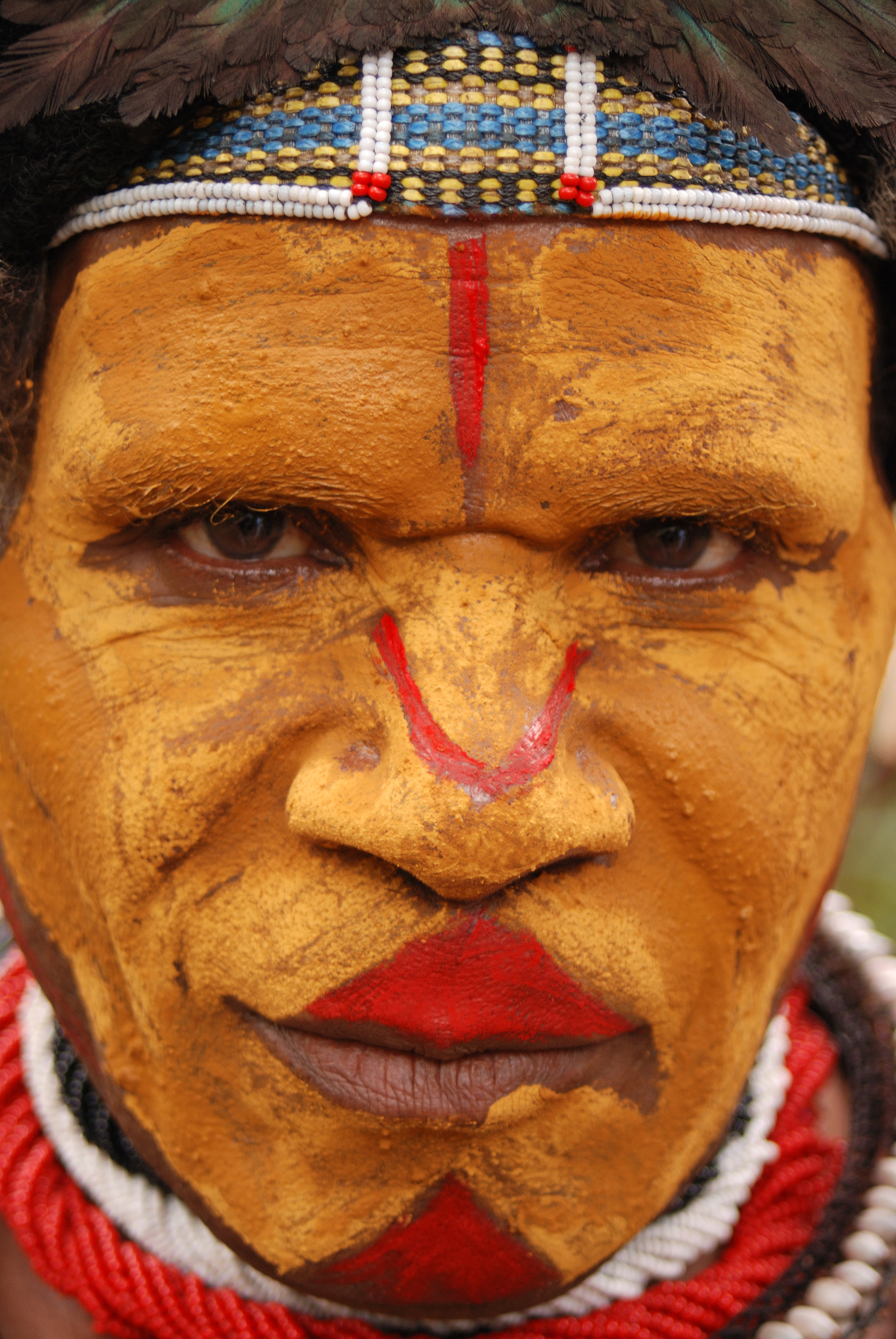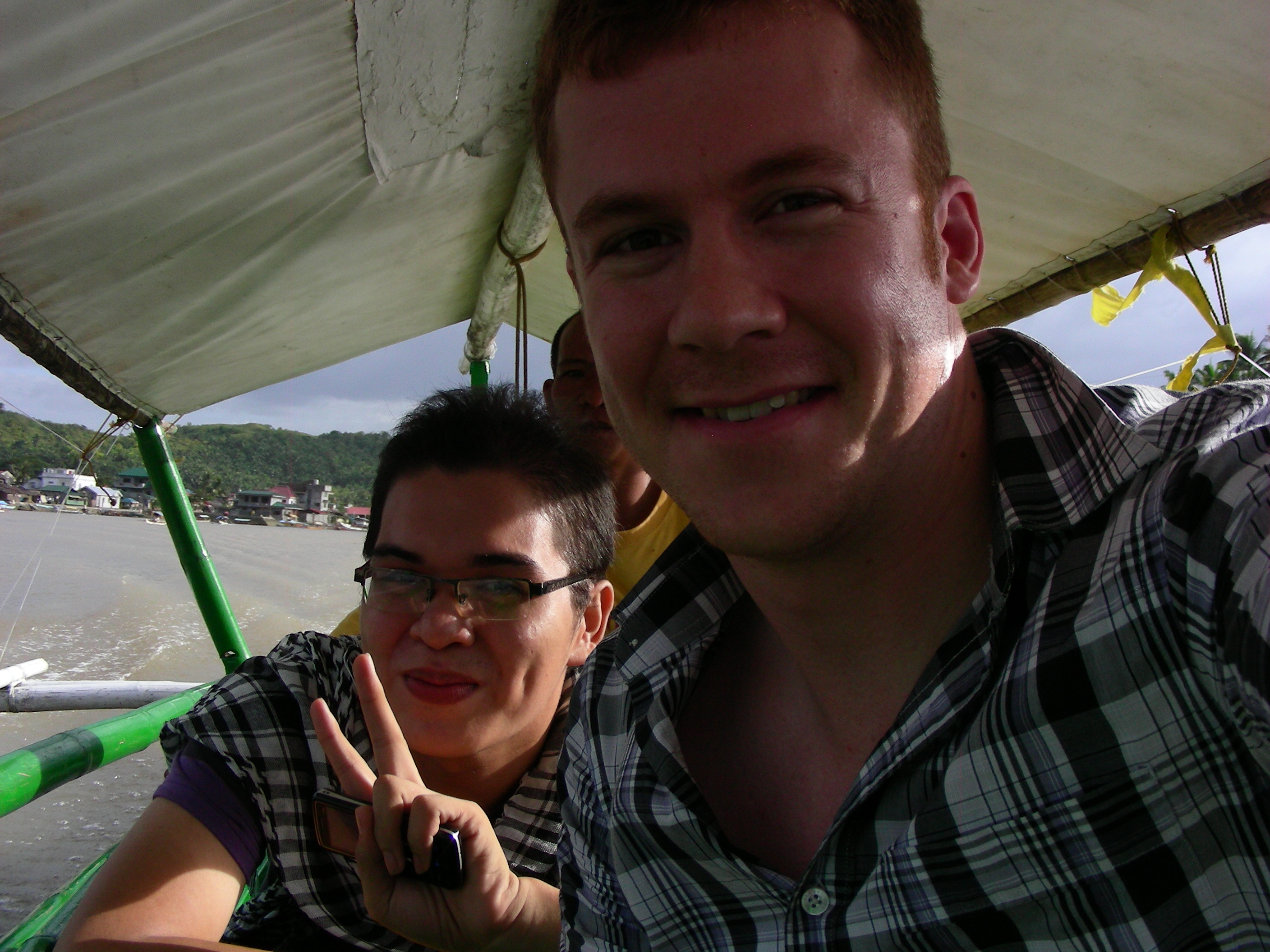Lately I have had a lot of emails regarding, why do we explore? Is there anything left to explore? And who is an explorer? It has been a hotly debated issue. It is the second most read report I have written. I am also in favor of a new view on Exploration. Therefore I will republish this article below here as well, after receiving plenty of attention from Great Britain after this piece:
The other night I went to the monthly lecture at Travellers Club in Stockholm. I try to go there frequently. I like the surroundings at Sällskapet, the atmosphere, the lectures, but most of all the people, the members of the Travellers Club. A great lot of people with the most extra ordinary experiences from all over the world. I also go there to get inspired and maybe find an idea to what my next Expedition will be. This time it was a young fella who lectured, a great guy, very friendly and an interesting lecture. Technically. BUT, I am so fed up the attitude of todays adventurers and so called explorers. They are always the best on earth and they only talk about themselves. Incessently. And it is always the same message:
Everything is possible!
We´ve known this for the last 150 000 years, maybe even 3.2 million years back whenLucy went out for a excursion. I don´t know why it is so popular today to listen to this kind of extremely no-good-for-mankind-talk. And that lecture reminded me of the one in February 2008. Same deal. Then I remembered I did write an article about the same issue two years ago after having had the honour to lecture at Explorers Club in New York. This is what I wrote for Utemagasinet:
”…and then the mountain spoke to me, saying: ´Have faith in me, and you will reach your final 8,000-meter peak.´ And look, there I am on the mountain top!”
This is, more or less, how the famous American mountaineer closed his lecture at the Explorers Club´s 102nd Annual Dinner at the Waldorf Astoria in New York. Before him, a young guy, elected Man of the Year by Backpacker Magazine, had recounted the story of how he crossed the U.S. by foot from west to east in record time.
”Nothing is impossible! Anyone can do it!” he summarized, displaying a photo of himself posing in the sunset; his gaze fixed beyond the horizon, his muscles flexed and back held straight. An extremely traditional, male image of Adventure and Expeditions. I think I saw Buzz Aldrin, astronaut and second man on the moon, smirk. Woman kosmonaut Valentina Tereshkova simply left when the so-called adventurers entered the stage. Passionately, she had told her own story, filled with fear and amazement at the incomprehensions of life while she, as the first woman ever, rampaged round the moon 48 times.
The Annual Dinner carried the theme ”What´s Left to Explore”. And how this should be brought to an audience. I think very few of the 1,100 spectators enjoyed the adventurers´ talks. One of our neighbours at the table, the editor of a wellknown American outdoor magazine, said:

”Every day, as I receive letters and articles from people making expeditions and wanting to sell their material, I ask myself: ”Hasn´t Adventure come further than this? Is it still just white males with icicles in their beards dishing out the same old silly story?”
The reason why I´m bringing up this very important subject, is that every week I get a number of e-mails from men and women, young and old, who want to take off on an expedition or adventure. The majority want to know three things: ”What kind of equipment should I use?”, ”How do I get sponsors?” and ”How do I get the media interested in me, so I can make a living selling articles and lecturing?”
There is only one answer: Our view of Adventure and Expeditions must be renewed. Firstly, there has to be an interesting story. The times are gone when a spectator finds it interesting to listen to the hackneyed theme of ”anything is possible”; a story centered around dirty underwear, heroic struggle and white men with icicles in their beards who have managed to reach the North Pole, using a shopping cart and an oar as their only means of transport. Secondly, we need more women narrators. We need a female perspective. Men have to start thinking like women. I think this is crucial to whether the public will continue being interested in expeditions at all.
There are still considerable differences in how a story can be told. For example, I was searching the internet for stories about Swedish expeditions in the Himalayas. A couple of men report as follows:
“It´s been tough and troublesome. Our backpacks weigh about 15 kilos, but all has turned out well. Today we struggled for six hours. Tomorrow we will continue, and then we will use our final camp at 7,500 meters. We will rise at about 12 o´clock local time, put our tents up and melt snow for water. We won´t sleep much, but we are feeling all right.”
Incredibly boring for everyone except the storyteller´s closest relatives or someone else in the know. To be compared with another account from an expedition on the same mountain, at the same time, written by a woman in the same situation:
“Why am I never satisfied? I´m thinking I should have exercised more. Actually, I´ve been exercising at least five days a week. I think I should have been more mentally prepared. Actually, I´ve been preparing for five years. I don´t think I´m a good enough climber. But that´s the way I am in everyday life as well. I could be better at cooking, decorating, fashion, my job. I could be a better wife, friend, and so on. Maybe I need the inherent power of dissatisfaction to be able to hold on and not give up my dream of climbing an 8,000-meter peak. Because it has been necessary – but now I´m going to give it a try.”
Wonderfully thrilling and dramaturgical! The fact that the men reached the top and not the woman, is utterly unimportant. What is interesting is her story. This is how tomorrow´s adventurers on expedition must think to survive. Even better is to tell a story of someone else but yourself. Which is what I did in New York. When I took the stage after the climber, the first thing I talked about was how ridiculous all the clever white males with icicles in their beards are. I continued by informing the audience about the Siberians and their everyday life, which makes a contemporary expedition look like a school outing by comparison. The response was fairly good – a ten-minute standing ovation.
Please continue to discuss the subject here!


